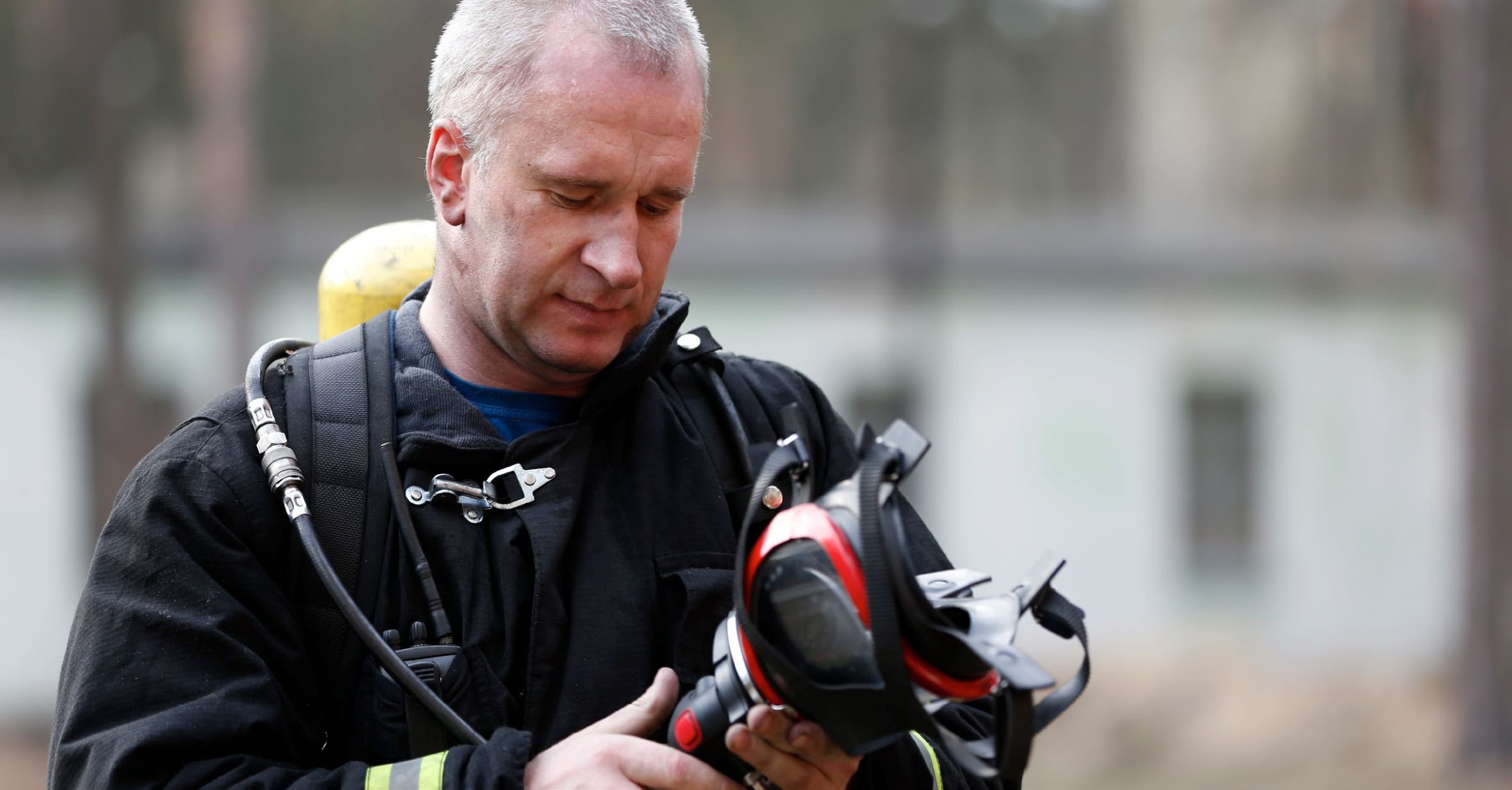Throughout the bushfire season, we:
- Responded to a total of 216 critical incidents around the country.
- Produced a Bushfire Support Plan document with guidance on supporting affected individuals through various stages of the natural disaster trauma response.
- Deployed mobile clinical support hubs into bushfire affected locations to ensure local face-to-face support was accessible to everyone affected.
- Navigated the short, medium and long-term effects that we know natural disasters can have on individuals.
- Ran specialised webinars for our customers to provide support and strategies on the many emotional impacts the bushfires presented.
- Distributed a range of supporting fact sheets.
- Introduced a new presenting issue category to more accurately capture data within our reporting, thus giving our customers added visibility on impacts within their organisations.
Twelve months after the bushfires decimated the country, Benestar revisited the bushfire events of last year, focussing on the individuals affected, their leaders and the support that your organisation can provide, to that in the face of a shifting world, we recognise and remember the long lasting impact to those affected.
An updated Bushfire Support Plan
The wide-reaching impacts and psychological effects of the bushfires are still manifesting in our community. Our responsibility is to help you and your people ensure we do not lose sight of the still present need to address these ongoing impacts. To this end, we have updated our Bushfire Support Plan to provide further guidance and our leading points of view on navigating such natural disasters.
Facilitated by a panel consisting of senior members of our customer and clinical teams, we brought together customers to share ideas, concerns and successes on what we have leant and how we can best support our people and our community. Our team provided points of view on current and foreseeable mental health issues while customers discussed concerns, asked questions, spoke about challenges, and shared experiences in the spirit of collaboration.
Effects of the bushfires - a year on:
While the bushfires1 physical effects are tangible; images of decimated bushland, injured wildlife, and homes and livelihoods damaged, the psychological impacts can be more nebulous and difficult to see as time goes on.Here are some of the ideas and initiatives that were shared:
Two key factors to consider when looking at the impacts of a major disaster.
Firstly, the type of trauma an individual has been exposed to:- Direct, where an individual is being directly part of, involved in, or exposed to the incident.
- Secondary/vicarious or indirect exposure to trauma through a firsthand account or narratives of a traumatic event (often referred to as compassion fatigue).
- Cumulative or repeated exposure to trauma over an extended period of time, either directly or indirectly.
- Physiological: fatigue, headaches, chest pain, lethargy, nausea, fight, flight, freeze response; leading to deteriorating physical health, poor sleep, increased rates of anxiety and depression.
- Cognitive: intrusive and/or disrupted thoughts, confusion, continued flashbacks, nightmares, poor or blocked memory.
- Emotional: negative mood, flat, fluctuating emotions, guilt; leading to emotional unavailability, increased anger levels, increased levels of self-harm concerns.
- Behavioural: avoidance, social withdrawal, interruptions to routine, lack of interest in activities once enjoyed, inability to maintain general life routines, safety concerns; leading to impacted familial/romantic relations, increased alcohol and substance abuse, an inability to return to one’s home or scene of the trauma, social isolation.
While some individuals, organisations and regions have made strong recoveries, many are still experiencing ongoing, long-standing psychological impacts.
For organisations, immediate psychological impacts are ‘easier’ to support, whether it be through:- The appropriate EAP/CI services.
- Well checks
- Group Supervision
- Leadership Training on Mental Health awareness and conversations
- Ongoing Critical Incident and onsite support
- Vicarious trauma awareness - The provision of support teams (H&S, HR) to impacted areas/teams.
- Greater work flexibility.
- Additional leave entitlement.
- Financial assistance.
The Anniversary Effect
Anniversary dates of traumatic events can reactivate thoughts and feelings from the actual event, and survivors may experience peaks of anxiety and depression, or emotional distress. People are likely to remember events clearly and many will feel emotions more intensely than usual.This experience is known as the “Anniversary Effect”. In the case of bushfires, this is difficult to manage as the event doesn’t have a time-specific relationship and can impact throughout the length of the season and beyond.
Our customers shared a number of insights both from the time of the bushfires and today. These included:
- The 2020 Bushfire season brought some of the hardest and most difficult events they have ever had to respond to with effects being multi-sensory: smell, taste, sound, sight and touch.
- There was a marked increase in family issues and domestic and family violence following the bushfires.
- That instances of vicarious trauma significantly increased.
- There was a level of survivor’s guilt among many assisting in recovery, who experienced feelings of depression about their
- restriction in helping those affected further.
- The scale and size of the major event was greater than most localised incidents, both geographically and in the number of people impacted.
- Customers engaged Benestar to enact group debriefs, one-on-one follow-ups and well-checks.

Impact of COVID-19 on Bushfire Recovery
Evidence strongly indicates that the way we manage physical recovery following disasters has significant impacts on our mental health. COVID-19 further disrupted individuals, organisations, and communities in significant ways, and hindered people’s ability to make social connections and seek appropriate ongoing mental health support where needed.The recovery process for those affected by the bushfires has been compounded due to heightened stress levels in the community caused by COVID-19, where the pandemic has further exacerbated individual stress levels and mental health status levels.
Typically, in times of uncertainty, maintaining daily routines is a vital tool to keep us mentally well. This means a structure for home and work-life, as well as self-care has greater importance. COVID-19 significantly hindered individuals’ ability to maintain this routine, and organisations’ ability to support their staff; having potential to further exacerbate recovery for those impacted by the bushfires.
Furthermore, physical connectedness is a significant contributor to positive mental wellbeing post-major disasters. The pandemic has hindered both individuals and organisations from remaining connected in a consistent, meaningful, and faceto- face manner.
In a broader sense, COVID-19 has reduced psychological wellbeing by impacting:
- basic human needs;
- physiological needs;
- safety needs;
- love, and
- intimacy and connectedness needs.
Furthermore, COVID-19 has also presented significant challenges for workplaces to support their workforces, with many having had to transition their staff to work from home and have had significant restrictions placed on those remaining in the workplace. This has far reaching effects on our basic hierarchy of need and sense of connectedness.
Share this
You May Also Like
These Related Stories

Infection, Invasion, Inflation

Working Towards Organisational Recovery



